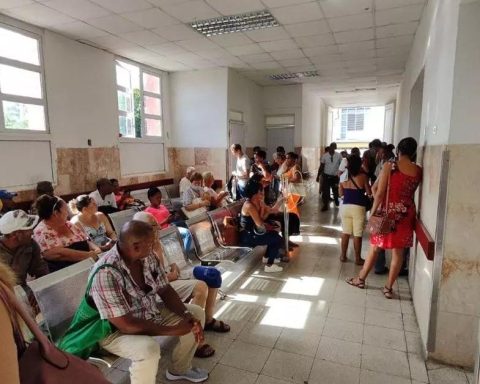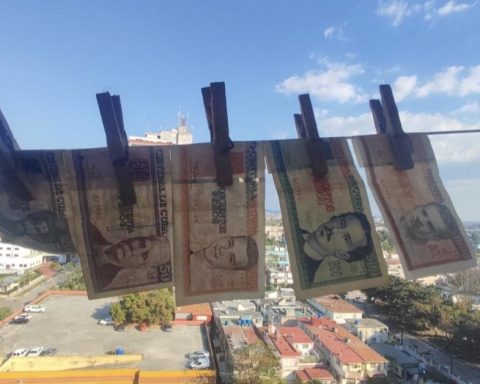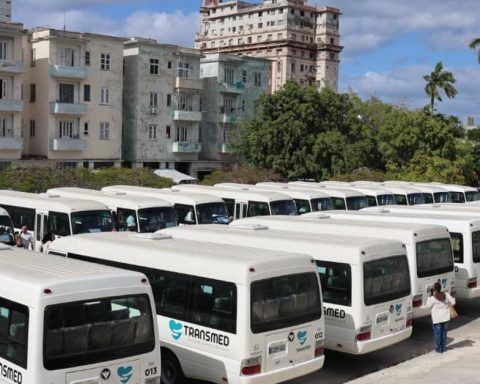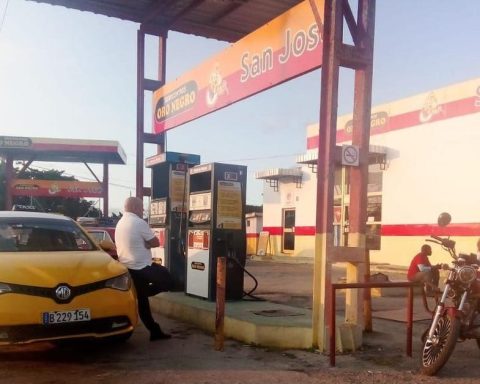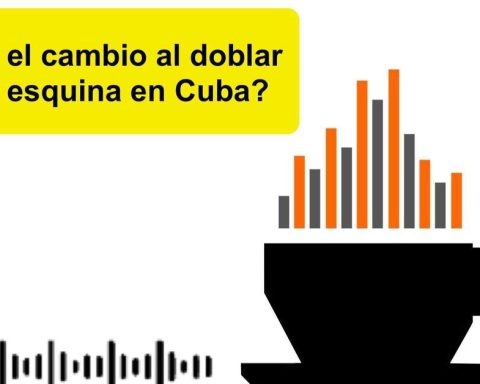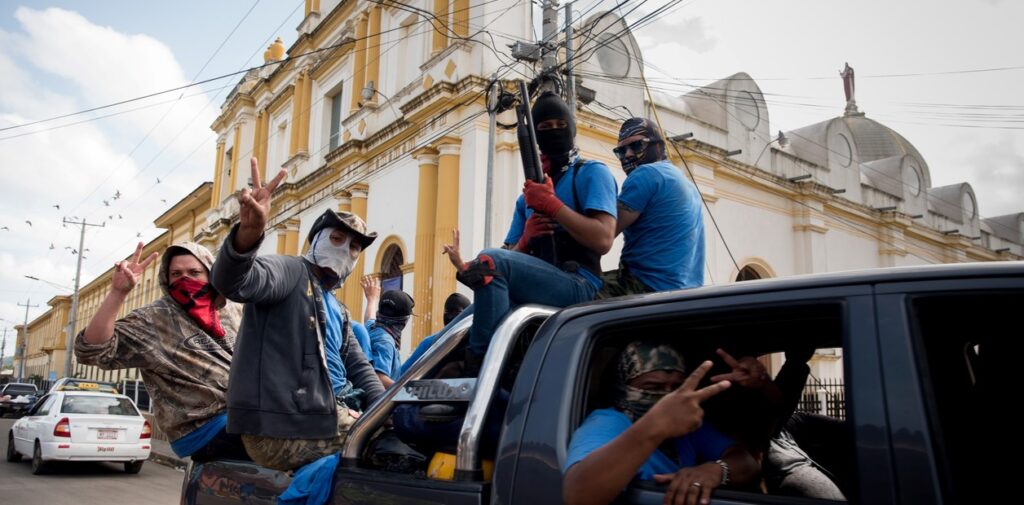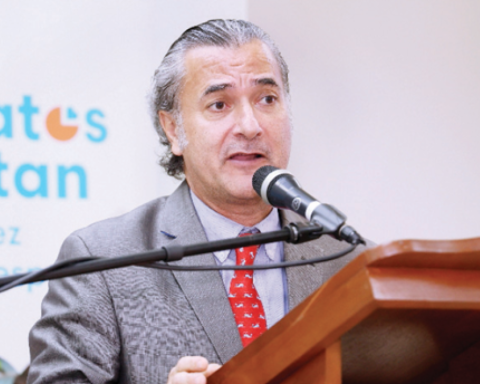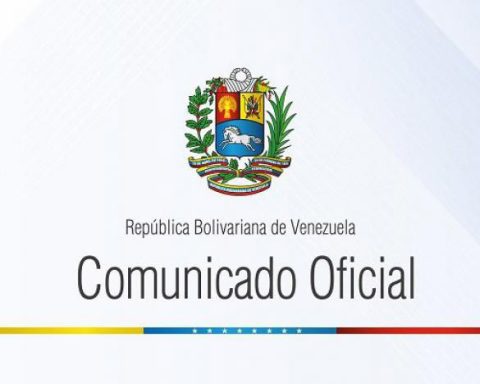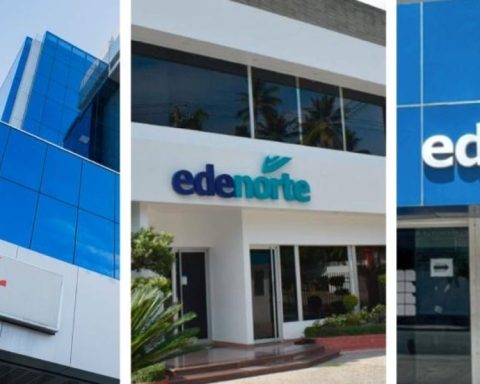
The costly fines with which inspectors threaten coachmen in Sancti Spíritus have not stopped carriers from charging more and more to their passengers. In an attempt to curb the rise in informal prices, the province’s State Transit Unit (UET) has promised to redouble surveillance, but admits that it does not have enough personnel and that the sanctions imposed have not helped at all.
Although carters are obliged to charge a fee of 20 pesos per passenger on journeys that do not exceed two kilometers, once that distance is exceeded they usually charge whatever they want, denounces the official newspaper Escambray. If the customer does not agree, the driver “will plant until someone rents it for the amount that comes to mind”, lamented several interviewees.
Another issue is the abuse of vehicle capacity. The coachmen carry up to 15 people in their wagons, which is an excessive effort for the horse. This practice has been condemned numerous times by animal groups on the Island and by the population, which has witnessed not a few deaths of animals, especially in the hottest months.
The coachmen can load up to 15 people in their wagons, which is an excessive effort for the horse
However, in the midst of the fuel crisis that the country is going through, it is a difficult problem to solve: the horse-drawn carriage is, in small cities like Sancti Spíritus, the only alternative to the inefficiency of public transport and the impossibility of to pay for a private vehicle.
Escambray compares the cost of a trip by truck or other private transport from Sancti Spíritu to Cabaiguán -about 25 minutes on the road-, of 50 pesos, with the 60 that the coachman demands if the client wants to go from the intermunicipal terminal of Sancti Spíritus to the hospital area, just seven minutes.
Arlides Torres Fábregas, director of UET, reported that 315 cars have permission to operate throughout the province, but added that it is “obvious” that the figure does not correspond to the actual number of cars actually circulating. The manager calculates that it is at least double the official figure. The rest are drivers who relinquished their license and are now “returning to come to free will,” he explained.
The smallest municipalities in the province have the largest number of carts. 59% of the total is concentrated mainly in Jatibonico, Cabaiguán and Fomento. The provincial capital, for its part, only has 64 licensed units.
The newspaper from Sancti Spiritus believes that what is worrying is not the availability of these cars, but the rates they demand and which are governed by the “uncontrollable and arbitrary law of supply and demand”, without the authorities taking action on the matter. The coachmen do not pay taxes to the treasury either, the newspaper noted.
Torres attributed the “resurgence of indiscipline” to the shortage of fuel, since there are not enough inspectors on the streets to guarantee that the documentation is in order.
Torres attributed the “resurgence of indiscipline” to the shortage of fuel, since there are not enough inspectors on the streets to guarantee that the documentation is in order. However, he acknowledged that the fines or sanctions are “inefficient and inappropriate” because the inspectors “have their hands tied before laws and regulations.”
The official said that UET is in a “transition” phase to form part of the Provincial Directorate of Transportation, which will allow it to make the inspectors’ list official and, in theory, improve their work.
Meanwhile, Camilo Pérez, coordinator of Programs and Objectives of the provincial government, recalled that there is a cap on the prices of transport services in combustion and animal-drawn vehicles but, after the health and economic crisis due to the covid pandemic -19, a “breakdown of order” was generated.
Drivers know that if they do not have a license they can be fined up to 500 pesos. However, the lack of control of the routes and the rates they use allow them to break the laws. Escambray He points out that many times the passenger is “an ally”, because when an inspector checks the service in the middle of the road, he ends up defending the driver in order to reach his destination.
________________________
Collaborate with our work:
The team of 14ymedio He is committed to doing serious journalism that reflects the reality of deep Cuba. Thank you for accompanying us on this long road. We invite you to continue supporting us, but this time becoming a member of our newspaper. Together we can continue transforming journalism in Cuba.
